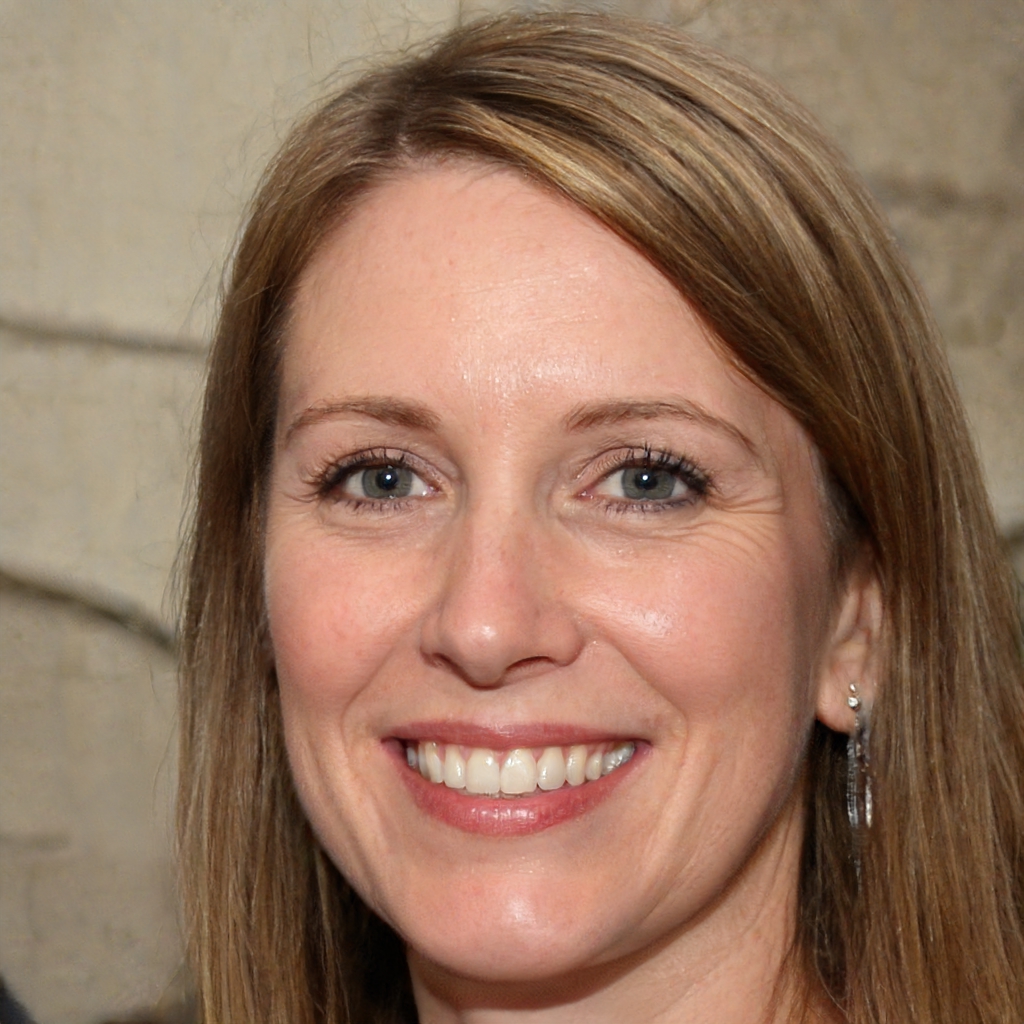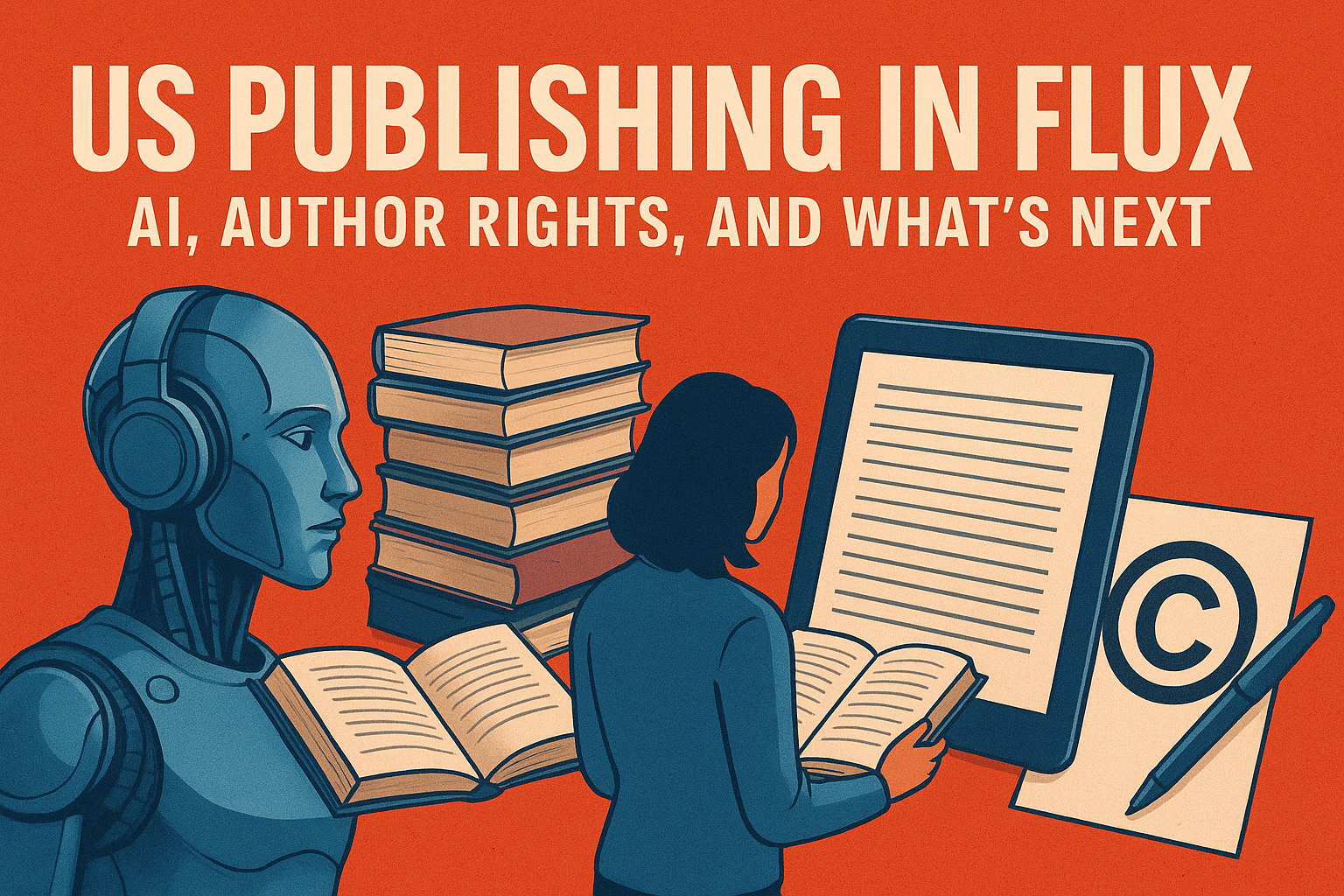How to Write a Book That Gets Published

Are you thinking of writing a book? Even better, do you need to write a book? Writing a book can be a fulfilling or cathartic experience, depending on your subject matter and your reason for writing. But it can also be a daunting task, especially for first-time authors. This is why you must know and adopt the best practices in writing for publication.
So how do you write a book that gets published?
We will answer that question in two parts: In the first part, we identify what you need to have and what you need to do so you can write like a pro. In the second part, we will look at the process of writing and finding a publishing company that works best for you.
Knowing the essential steps in writing a book and getting it published is one-half of becoming a published author. The other half is being an effective writer—the kind who makes an impact on their readers.
Part I: What It Takes to Write a Book
Let’s take an inventory of the essential elements in the life and work of a writer, and how you can become one:
1. Read.
It almost goes without saying that reading is an essential part of being a writer. Here are the most compelling reasons why you need to read:
Reading facilitates inspiration. You never know what you stumble upon when you read—whether you’re reading a book, an article, or poetry. But one thing is certain: If you pay attention, you will be rewarded with ideas. Make sure to read authors who are writing within your genre and learn from them. (Take note that sometimes that can include learning what not to do in your own work).
Reading broadens your horizons. Reading is a form of travel, and travel expands your horizons. The worlds and ideas you explore when you read can influence the way you think and feel about people, the world, and life. That influence can help fine-tune your voice as a writer.
Reading broadens your vocabulary. Having a great vocabulary makes your work easier. It allows you to express exactly what you want to say, write accurate and vivid descriptions (a must in worldbuilding), and get creative with words in a way that your readers will enjoy—among other things.
Reading promotes personal growth. Naturally, it depends on how you process what you read. But in general, reading facilitates introspection, which in turn leads to insight. With insight, you grow as a person, and that can help you write with depth (heart, soul), intelligence, and humor.
Writing comes from reading, and reading is the finest teacher of how to write. —Annie Proulx
2. Hone your writing skills.
This goes beyond basic grammar skills. Regardless of genre, you must be able to tell a story, present an argument, or express an idea. An easy way to limber up for a book project is to regularly do writing exercises. It will jumpstart your imagination and help you think and write in a more fluid manner.
We also recommend this trick: Imitate the authors that you admire. No, we don’t mean your book should end up as a carbon copy of another author’s work. Rather, imitation in this case means picking out elements of an author’s work that make you admire them and then applying these elements in your own writing.
For example, if you find your favorite author’s irreverent characters particularly enjoyable and compelling, why not create one or two irreverent characters in your book? Just make sure that they are completely different characters than those in your favourite author’s book. Or, if you like a nonfiction author’s use of stories to illustrate a point, you can do the same in your book. Just be sure not to do it in the exact same manner. Ultimately, your book should read like something that only you could have written.
A word after a word after a word is power. —Margaret Atwood
3. Develop a writer’s mindset/attitude.
Writing is, for the most part, a solitary endeavor. For many, that’s the perfect stage for anxiety, sense of inferiority (e.g., imposter syndrome), and frustration. These will hobble you—or worse, stop you in your tracks. As a matter of fact, many writers suffer from imposter syndrome—the crippling belief that they are, in fact, not good enough to be writing a book. The result is the much-dreaded writer’s block, or, in the worst-case scenario, a writing career that never got off the ground.
Embrace being a writer: Commit to writing and strive to be better at it every time.
Having the right mindset also involves being interested in more than just the subject matter that you want to write about. A great writer is interested in people, in what’s going on around them, in the world. They appreciate outstanding works in other fields—whether it’s movies, art, gardens, technology breakthroughs, and so on. That’s because having a variety of interests and a healthy appreciation for other disciplines will enrich your writing.
Speaking of fiction: If you feel this is your genre, chances are that you are kind of person who keeps asking, What if … Those what-if musings of yours, even the silly, outlandish ones (or maybe especially the silly, outlandish ones) may just yield the plot, themes, and/or characters of an important novel.
You get ideas from daydreaming. You get ideas from being bored. You get ideas all the time. The only difference between writers and other people is we notice when we’re doing it. —Neil Gaiman
4. Take notes.
Jot down any random idea that comes to you. Sooner or later, some of those ideas will give you a book. You can take notes the tech-savvy way using your phone or computer, or you can stick to old-school notebook and pen. Either way, make sure that your notetaking tools are always accessible.
If you journal, then you are on the right track. Journaling is a great way to document your thoughts, experiences, and impressions. It will help you write better because it is a form of writing exercise that allows you to write without thinking of how you will be judged. Journal entries make for excellent raw material just waiting to be polished and incorporated into your book/s.
I take notes like some people take drugs. —Tim Ferriss
5. Create a space that is conducive for writing.
We humans respond to our environment physically, mentally, and emotionally. Your writing space affects you and your writing, so you need a space that allows you to work and thrive. Yes, you may want to take the laptop out to the garden, the kitchen, or some other cozy corner, but you should have a dedicated spot where you can work long hours and sustain your focus. Regardless of your personal preferences, you can follow these tips:
Choose a spot that is quiet and far from traffic. Unless you live alone, you’d want to be tucked away in a quiet spot, especially if you have kids and pets (a combination that can effortlessly raise the chaos level in your house).
Make sure you get ample light. The quality of light in your writing spot can affect your productivity. Poor lighting can result in visibility issues, eye strain, and perhaps some form of emotional/psychological response that can ruin your concentration. Aim for plenty of natural light, and be sure to have proper lighting for nighttime work.
Make it free from clutter. (Or not?) Albert Einstein once said, “If a cluttered desk is a sign of a cluttered mind, of what, then, is an empty desk a sign?” Hmm. Here’s the thing: We have a sneaking suspicion, substantiated by well-documented proof, that a clutter-free writing space may not suit everyone. If you are one of those who thrive on a messy workspace, then don’t go through all the trouble of decluttering—although it would probably be best not to leave uneaten food and dirty plates and glasses lying about. If you get distracted by clutter, then do away with it. One way to further clutter-proof your workspace is by putting up shelves with doors or that are hidden by floor-to-ceiling curtains in neutral colors to add warmth or a sense of calm to the room.
Invest in a corkboard/whiteboard or a large worktable. If you’re working with a considerable amount of source material, and you need to be able to see the big picture at a glance, a corkboard or a whiteboard will be your best friend, along with a generous supply of push pins or string. Or you can go for a long, wide table where you can organize piles of thick documents, books, and other reference material.
Invest in a comfortable chair (and maybe a couch). Physical comfort is key for writers, and you shouldn’t settle for anything less than the most comfortable chair you can find. Your body will thank you, and so will your brain, since physical comfort enhances focus). Also, why not bring in a couch if you have enough room? Lying on the couch for a few minutes to untangle a few knots that have developed in your story is still very much part of the writing process.
Protect the time and space in which you write. Keep everybody away from it, even the people who are most important to you. —Zadie Smith
6. Choose writing tools that help you to write easier and better.
Choose the word processor that allows you to work with minimum fuss. You can always convert your documents if your publishing company requires a different program. Microsoft Word and Google Docs are currently the most widely used, with completely free alternatives that include these:
- Apple Pages
- Libre Office
- Zoho Writer
- Calmly Writer
- Focus Writer
- WPS Office
If you like to clean up your manuscript yourself, even if you will eventually use the copyediting or line editing services of your publishing company, you can also use apps like Grammarly and PerfectIt to spot and address grammatical and spelling errors as well as style and construction issues.
The beauty of word processing … is that it keeps the plotting very fluid. The prose becomes like a liquid that you can manipulate at will. In the old days, when I typed, every piece of typing paper was like cast in concrete. —Sue Grafton
Part II: The Writing Process
The Prewriting Stage
At the prewriting stage, you plan the writing process. You determine your purpose and audience, choose your topic, and create an outline.
7. Know why you’re writing.
Having a clear purpose for writing your book is the best way to start. It allows you to determine who you are writing for and exactly what to say to them. It helps you determine what to include and what to leave out. If your book requires research, especially if you need to talk to sources, you can manage your time better and prepare the relevant questions to ask.
These are the most common reasons why writers write:
To express themselves. The need to communicate is inherent in human beings, and self-expression drives most writers’ efforts. They write to express their ideas, feelings and sentiments and beliefs concerning any given topic.
To tell a story and make an impact on their readers. Whether it’s a novel or a memoir, writers aim to tell a story that will inspire their readers or help them see the world and themselves in a different light.
To inform people and spur them into action. If you’re driven by activism, this would be among your strongest motivations. You write chiefly because you want to see change.
To educate. Some writers’ most immediate goal is to educate their readers—help them learn a new skill, start a new job, or do better at their job.
To entertain. Writing to entertain can be especially enjoyable and rewarding, especially since close to half (44%) of American adult readers read for fun, according to a 2020 survey by CivicScience.
We write to taste life twice, in the moment and in retrospect. —Anaïs Nin
8. Identify your readers.
In general, you will be writing for two audiences: your target readers and yourself. How well do you know them? Who are your readers? Do you have a clear sense of who they are? Knowing who you are writing for will give you confidence in terms of what you say and how you say it.
I can’t write without a reader. It’s precisely like a kiss—you can’t do it alone. —John Cheever
9. Map out your book.
Now that you have determined the purpose of your book and identified your readers, it’s time to get organized. Cue the mind map.
A mind map is a visual organization method that helps you highlight important topics/facts.
Mind mapping exercises begin with a central theme in the middle of the page, and relevant topics then branch out around it.
Mind mapping helps you think better. And when you think better, you write better.
A good system shortens the road to the goal. — Orison Swett Marden
10. Create an outline.
Once you have mapped out your topics, outlining your book should be easy. Start broad: Establish the chapters, or determine whether the book should be divided into parts and then into chapters. Once you have your chapters, you can fill in the sections (titled or untitled) as needed. A clear outline allows you write more freely because you don’t have to keep going back and forth, debating with yourself where to put what. It lets you experiment without getting disoriented.
Outlining is like putting on training wheels. It gives me the courage to write, but we always go off the outline. —Hallie Ephron
11. Determine the length of your book.
At this stage, nothing is set in stone, but it’s good to have an idea of how long your book is going to be.
Take note of these industry preferences:
- Nonfiction books are best kept within the 20,000- to 60,000-word range (40–120 pages single spaced). That’s not to say you can’t go up to as long as 100,000 words or longer, but you would need to have extensive relevant material and preferably a riveting subject matter.
- Debut adult or young adult novels should go no more than 100,000 words (200 pages)—preferably within the 70,000- to 90,000-word range. Once you’re a published author, however, you can have more leeway.
- Memoirs tend to be most accessible at 60,000–100,000 words (120–200 pages) and may not be as compelling if much shorter than that.
- Science fiction and fantasy books can be as long as 110,000 words (220 pages) since they would require considerable worldbuilding.
It is the length of the journey that ripens the joy of the outcome. —Craig D. Lounsbrough
12. Set a deadline (but don’t overdo it).
Ideally, a deadline should motivate you to keep working even when you don’t feel like it. (After all writers—not all, of course—tend to be temperamental creatures.) However, watch out for when you start to cram just to meet it—and maybe end up sacrificing quality. Why not experiment instead: Figure out how and when you can be most productive and creative as you go along. The most important thing to keep in mind about deadlines is that you have to be realistic about them.
I love deadlines. I like the whooshing sound they make as they fly by. —Douglas Adams
13. Factor in the research that needs to be done (if any).
Research is part and parcel of most writing projects. If you’re writing to educate or mobilize your readers to take part in a movement or support a cause, your research may involve interviews of resource persons or conversations with individuals who can fill in the gaps. That’s in addition to reading related literature and watching (and rewatching) several hours’ worth of relevant videos. All of these require time and effective time management.
Research is formalized curiosity. It is poking and prying with a purpose. —Zora Neale Hurston
14. Set a consistent writing schedule.
Consistency is key to reaching that last page, so establish a writing schedule for five to six days each week. It’s all right to miss a day or two here and there. In fact, it’s healthy to step away and do something non-writing related. Give yourself time for rest and relaxation, as well as exercise. Going for a walk or a short drive can help clear your head and is especially helpful when you’re dealing with writer’s block or just simply not feeling creative. You’ll be surprised where and when inspiration can strike.
It’s also a great idea to double down on your journaling to prime your brain for all the work that needs to be done.
The repetition itself becomes the important thing. —Haruki Murakami
The Actual Writing Stage
15. Write your first draft.
Your first draft is the place for you to write without being self-conscious. Just give it all you have. You may not believe it, but the first drafts of even the most celebrated authors are not necessarily great. Just go on and write. Remember our tip on imitating an author that you admire? Especially when you’re starting out and you sometimes feel clueless, imitating your favorite authors can help, if only to get you going. Then when you get to the revision stage, you can tweak the text so it finally reads like your own writing. Something great is bound to take shape.
Almost all good writing begins with terrible first efforts. You need to start somewhere. —Anne Lamott
16. Revise your draft.
The second draft is where you should get critical of what you have written. But first, leave your first draft alone and go take a break. Stephen King recommends waiting six weeks before starting to work on revisions.
At the revision stage, solicit constructive criticism from people you trust. You can easily get absorbed in the process and will likely miss a handful of details that could make or break your book. Feedback from people who can be objective about your writing will help you fine-tune your work.
When your story is ready for rewrite, cut it to the bone. Get rid of every ounce of excess fat. This is going to hurt; revising a story down to the bare essentials is always a little like murdering children, but it must be done. —Stephen King
17. Add and/or edit documentation (if any).
If your book requires documentation (i.e., footnotes, endnotes, bibliography, or reference list), set aside a separate time to add your citations and then proofread them. If you add in your citations while writing the main text, you won’t be able to focus as well as you need to, so wait until you’re done with your main writing task before tackling your documentation.
Although your manuscript is likely going to undergo copyediting or proofreading with your publishing company, it never hurts to get things right on your end.
Keep these in mind:
Follow one style guide. If you’re not partial to any particular style guide, we recommend The Chicago Manual of Style (CMOS), since the Chicago style works well for text on the humanities and sciences. Another option is the Publication Manual of the American Psychological Association: 7th Edition. Ideally, you should follow the same style guide in both your main text and your documentation.
Provide all the necessary elements in your citations. The editing services of your publishing company will likely not include an exhaustive edit of your documentation that includes adding in missing details. This is because you are the best person to provide these details since you were the one who used the references cited in your book. So be sure that there are no missing elements in your citations.
Tip: Your word processing software has a documentation style option feature that will format your citations. You can also use a citation generator (e.g. Scribbr, Citation Machine).
Incorrect documentation is often worse than no documentation. —Bertrand Meyer
18. Edit your manuscript. (Or have someone edit your manuscript.)
At this editing stage, you will have been done with all your revisions, so this could either be a copyediting or a proofreading job. Or you can wait until your manuscript has been professionally edited before you make the final corrections and minor modifications.
Substitute ’damn’ every time you're inclined to write ’very;’ your editor will delete it and the writing will be just as it should be. —Mark Twain
19. Work on the final touches.
The final touches will mostly entail the following:
Preparation or final check of all supplementary materials (if any). Supplementary materials can include photographs, illustrations, and documents that need to be reproduced or encoded as part of appendices.
Any ideas and specific instructions you may want to pass on to your publishing services team. Communication is key to a successful collaboration with the team working on your book, so communicate clearly to avoid costly errors and delays.
Resistance is greatest just before the finish line. —Steven Pressfield
20. Find the right publishing company.
Getting published with the right company is crucial. You’ve done all the hard work, so the last thing you want to do is let yourself down by failing to do your homework and making a poor choice when it comes to a publishing company. You’ll want to work with a company that is consistently on the same page with you and is as invested in your work as you are. You’ll want people that you can collaborate with—from editing to layout/design to marketing and sales.
Milton and Hugo Publishing offers top-shelf publishing services, in smartly considered packages, and professionals dedicated to giving their authors the best possible self-publishing experience. Talk to us about your book when you’re done writing. Sound us out, see if we’re a good fit for you.
Publishing a book is like stuffing a note into a bottle and hurling it into the sea. Some bottles drown, some come safe to land, where the notes are read and then possibly cherished, or else misinterpreted, or else understood all too well by those who hate the message. —Margaret Atwood
Writing will never be an easy job, but it is also undeniably rewarding. And at a certain point, it ceases to be a job and becomes simply a way of life.
So, are you ready to write a book and get published?




